Plant tissue culture refers to a set of techniques that are used to grow or maintain a set of plant cells or tissues under sterile conditions on a nutrient culture medium of known composition. In a method known as micropropagation plant tissue culture is used to produce clones of plants. Tissue culture techniques have become extremely well known and elective methods for vegetative propagation of plants as of late. As a rising innovation, the plant tissue culture greatly affects both agriculture and industry by giving plants to meet the regularly expanding world interest. In recent times plant tissue culture has given a huge contribution to the new technologies of agricultural sciences.
Understanding Potato Tissue Culture:
Potato is the world’s most demanding non-grain food crop, and thus, it is considered as one of the huge food sources for human beings. Its common engendering is abiogenetic(asexual), by utilizing the tuber, which allows the spread of pathogens to new improvement areas. This reality does not simply weaken the yield of this solanaceous plant, yet what’s more, it undermines the upkeep of genotypes for business or reproducing purposes. Because of the difficulty of utilizing botanical seed, protection and trade of germplasm of this species by methods for customary techniques are not practical. In all potato-producing regions, the interest of great tubers has been central to guarantee crop production. Along these lines, biotechnological techniques dependent on tissue culture are significant and important. Plant tissue culture offers elective methods for production by in vitro techniques that provide multiplication of plants with high rational sanity. Therefore, this writing survey outlines the history and current situation of tissue culture techniques applied to potato crops. Other than clonal augmentation, this biotechnological tool makes accessible starting field material to reproducing programs and certified seed potato and encourages the trade and preservation of germplasm. For all these reasons, the use of these techniques in the potato production chain straightforwardly benefits makers by giving high-quality propagules.
Potato (Solanum tuberosum L.) is a yearly solanaceous plant that can be proliferated sexually (by essential seed, also called real potato seed) and abiogenetically (vegetative) by techniques for tubers. Seed potato tubers are used for increase and production. Among potato plant tissue culture procedures, micropropagation has the best practical application. Quick multiplication systems have been created in potato seed tuber production to give enormous amounts of plantlets, microtubes, and mini-tubers of high quality. Microtubes, plantlets, and mini-tubers are high-quality beginning materials that can be produced all year in vitro conditions (microtubes, plantlets) or ex vivo conditions (mini-tubers) at high thickness.
Tissue culture techniques give evidently favorable circumstances in researching the responses of the potato plant to sustenance and other environmental conditions. … The goal of these examinations was to build up a technique for developing potato tissues in vitro to consider tuberisation. We at Hybrid Agri Pvt Ltd, are among the Top Tissue Culture Potato Suppliers in India.
Two Major Techniques of Potato Tissue Culture
-
Micropropagation technique-
Potato micropropagation technique is brought in vitro clonal spread. The most favorable position offered by the aseptic strategies for clonal propagation over the ordinary technique is that in a limited capacity ie.time and space to focus existence, countless plants can be delivered beginning from a solitary individual. It is conceivable to utilize tissue culture technology to propagate monitored potato germplasm. Potato is a standard vegetatively propagated.
Advantages of Micropropagation over traditional method includes :
- Very limited space is demanded the production of a large number of plants.
- It certifies virus-free plants
- Less expensive than traditional methods of multiplication
- Production can be done continuously every month
- Multiplication does not depend on seasonal changes
Types of Micropropagation techniques are :
- Meristem Culture
- Microtuberization
- Nodal Cutting
-
Vitro technique –
The in vitro culture procedures will help keep up long term potato germplasm assortment and trade of material proposed for breeding. The in vitro technique of plant cells and tissues under controlled conditions offers a well-founded stage for the production of plant regular items. The in vitro propagation of plants or the in vitro culture of plant organs (generally roots) or callus can normally give plant material fit for producing optional metabolites.
Future Perspectives of Potato Tissue Culture :
At the point when we investigate the removed future, it appears to be likely that plants will keep on giving the three essential necessities of life just as other helpful things. As days/years will pass the issue of food production will turn out to be more critical. An increase in the world’s food supply will include a wide range of approaches, one of which is the introduction of modern farming innovation with every single underdeveloped nation of the world. Present-day biotechnology owes much of its roots to potato tissue culture and micropropagation for sure, the milestone distribution by Gottlieb Haberlandt who is the “father of tissue culture” is frequently referred to as the source and rise of plant tissue culture and its ensuing applications. Uses of potato tissue culture especially applications of micropropagation are introduced, which promotes science to progress into a judgment of what lies tissue culture and biotechnology to encourage our exclusive technology of potato tissue culture plants.

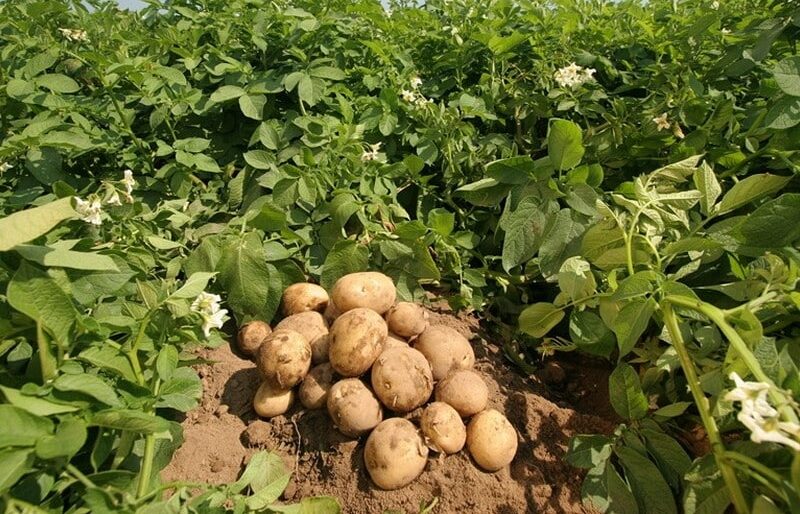
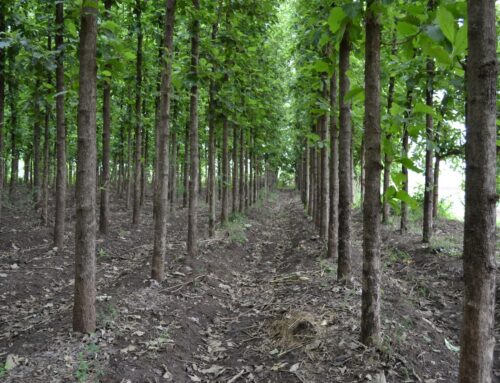
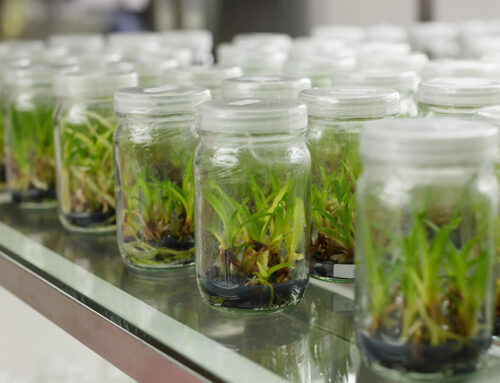
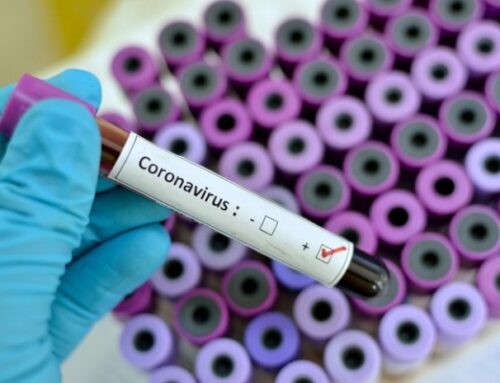
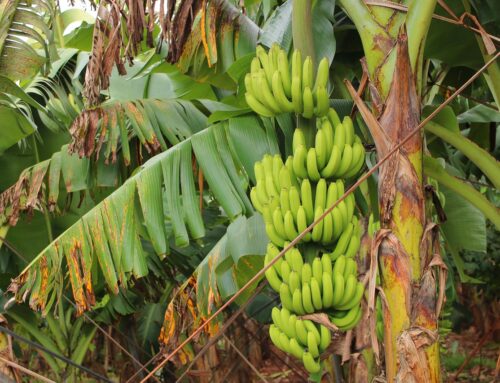
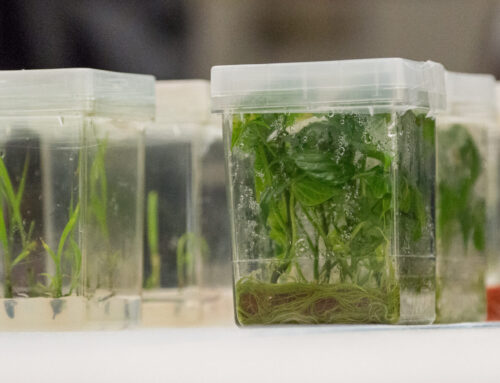
 WhatsApp us
WhatsApp us